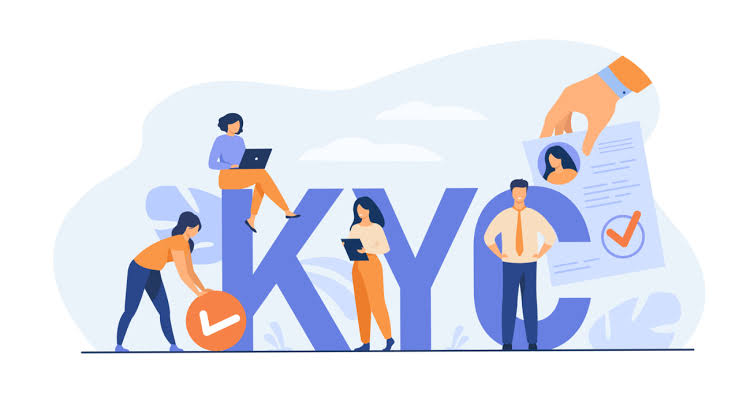The Customer Due Diligence Regulations 2023, which apply to financial institutions under the control of the Central Bank of Nigeria (CBN), represents a strong effort on the part of the CBN to combat financial crimes.
The latest move by the Central Bank of Nigeria (CBN) is meant to make sure that anti-money laundering (AML) and counter-terrorism funding (CFT) rules are followed better and are in line with best practices around the world.
As part of their Know Your Customer (KYC) standards, the CBN has made it so that financial institutions must collect and verify the social media handles of their customers. This is to make customer recognition more accurate and thorough.
Read also: VerifyMe Releases Nigeria’s 1st Digital ID and KYC Industry Report
A new rule or law
These new rules, which add to the CBN’s Anti-Money Laundering, Combating the Financing of Terrorism, and Countering Proliferation Financing of Weapons of Mass Destruction in Financial Institutions Regulations of 2022, are meant to make it harder to launder money, pay for terrorism, and spread weapons that can kill a lot of people.
The new regulations require financial institutions to establish internal procedures and techniques for conducting customer due diligence on both potential and existing clients as well as casual clients.
They have to find out who their customers are, whether they are people or legal entities, and get specific information like their legal names, addresses, contact information, identification papers, account types, the nature of their banking relationships, and their signatures.
Also, the rules stress how important it is to find politically exposed persons (PEPs).
When checking the names of their customers, financial institutions must use papers, data, or information from reliable and independent sources.
For people, this means making sure they know their birth date, where they live, how to reach them, and if their official papers are still valid.
When it comes to legal people or legal arrangements, financial institutions must search public registries or databases, read annual reports or relevant financial statements, and look at board decisions.
The rules also say how important it is to keep records and make sure that information about customers is always up to date.
At least five years after a business relationship or transaction ends or stops, financial institutions must keep customer due diligence records, account files, business communications, and analysis results.
Existing customer records need to be looked at often. High-risk customers need to be looked at every year, medium-risk customers every 18 months, and low-risk customers every three years.
How Social Media Works
Section 6 (IV) of the new rule says that financial institutions regulated by the CBN must now collect and check customers’ social media handles as part of the Know Your Customer (KYC) process.
This rule refers to both people and groups that are recognised by the law.
The point of having social media names as part of KYC is to make customer identification more accurate and thorough.
By getting this extra information, financial institutions can learn more about their customers’ online appearance and activities. This helps them figure out how likely it is that their customers are laundering money, giving money to terrorists, or giving money to make more nuclear weapons.
What it implies
The CBN added social media accounts to the Know Your Customer (KYC) criteria to keep up with changes in technology and address concerns in the financial industry.
The CBN wants financial institutions to learn more about their customers by making rules about digital footprints and making due diligence and risk management better.
People and companies will remember to be careful online because of this.
The things you do on social media should match what you do with money.
Financial institutions will use this information in a responsible way and follow the rules about data privacy.




